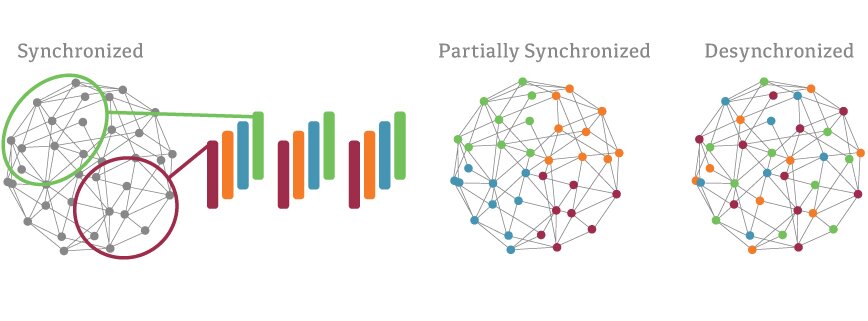CHANGED NEURAL BEHAVIOR
Desyncra™ for Tinnitus applies CR® Neuromodulation to disrupt or “desynchronize” the pathological, neuronal behavior.
Improved symptoms are reflected in EEG imaging, showing reduced delta wave activity across tinnitus neural networks.






